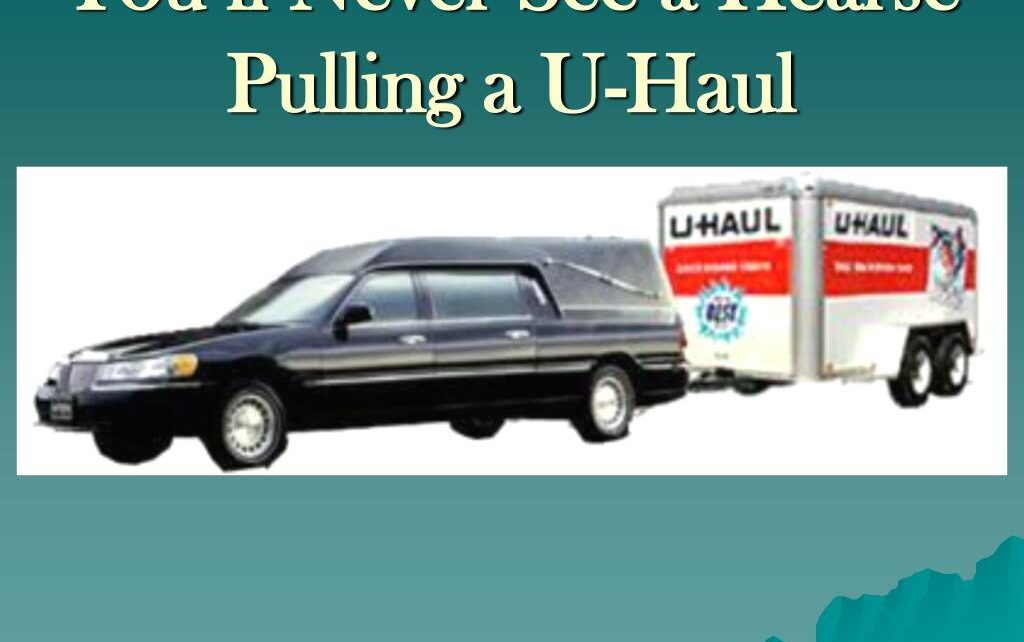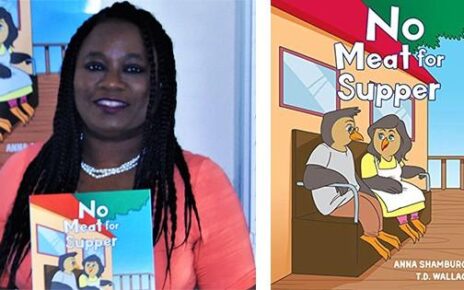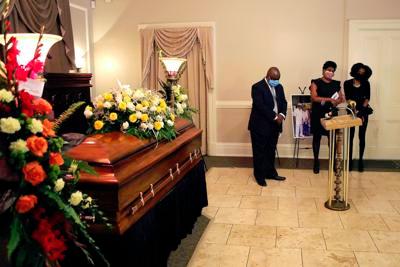By Austin Ryder
I am sure that at one time or another we have all seen a hearse traveling down the road. But, have you ever seen a hearse pulling a U-Haul trailer? Do you know the reason why not? Because you can’t take it with you. That’s why a reverse mortgage is a perfect solution to a senior home owner to supplement their retirement income
The benefits of a reverse mortgage are:
*Independence – You continue to own and live in your home
* Liquidity – Receive monthly payments instead of making them
*Simplicity – No income, credit report, and employment requirements needed to qualify
*Choice – You may receive funds as a lump sum, in monthly installments, as a line of credit, or as an upfront sum plus monthly allotments
*Security – Does not affect Social Security, Pension or Medicare benefits
*Ownership – Your heirs can keep the property once the reverse mortgage is paid in full
*Freedom – Please ask your reverse mortgage consultant about when any payment may be due
Three Essential Facts
Making educated decision begins with undoing common misconceptions that keep many senior homeowners from looking into the advantages of a reverse mortgage. Contrary to what you may have heard – as long as all property tax, insurance and maintenance requirements are met:
- You cannot own more than the value of your home.
- You retain title to the property.
- You receive payments instead of making them.
When you have to pay it back? As long as you’re alive, your home is your primary residence the answer is NEVER! As long as all program requirements are met, if an individual borrower is hospitalized, or wants to spend six months in Florida, she cannot be forced to move. If one reverses mortgage co-borrower moves to a nursing home or passes away, the other(s) cannot be forced to move.
Eligibility Requirements
Reverse mortgage eligibility requirements are quite simple. There are no income employment or credit qualifying restrictions.
*All homeowners must be age 62 or older and occupy the property as their principal residence.
*The home must be owned free and clear or have a remaining mortgage balance that can be paid off by the reverse mortgager.
*The property must be a single family or a one-to-four unit, ownership occupied dwelling.
*Townhomes, detached homes, condominium units, planned unit developments (PUDs) and some manufactured homes are eligible.
*The home must meet Department of Housing and Urban Development (HUD) minimum property standards. In some cases, home repairs can be made after a reverse mortgage closing.
Will there still be an estate that left to your heirs?
Any remaining home equity belongs to you or your heirs. None of your other assets will be affected by the reverse mortgage. Please ask your reverse mortgage consultant for more details about repayment. Your heirs will be able to choose whether to keep or sell the house. If they decide to keep it; they must pay the balance due on the reverse mortgage. Otherwise, they may sell the home and use the proceeds to pay off the remaining mortgage. They get to keep any excel proceeds from the sale of the house.
You’ve worked hard to own your home, “Isn’t it time you began to reap the benefits?” If you are age 62 or older a reverse mortgage enables you to convert some of your home’s equity into tax-free funds. Whether you choose to pay bills, cover taxes, or finally buy that vacation home, you have money to cover your personal financial needs. I’m ready to help with a broad range of programs, options and personal service.
Contact author at Austin.ryder@verison.net.










